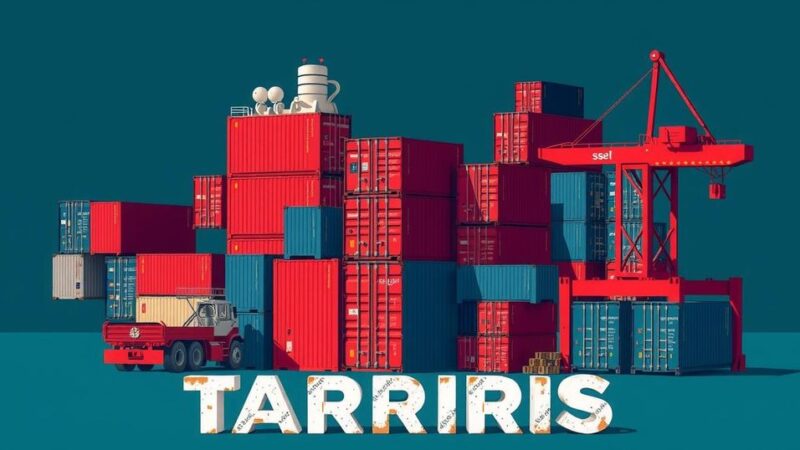The CEO of COP30, Ana Toni, emphasizes the limitations of annual climate summits, asserting that continuous climate action is essential. She advocates for private sector and local government involvement, noting that key decision-makers are often absent from these discussions. Despite ambitious declarations from past leaders, global emissions rise, prompting calls for more ambitious climate plans. Brazil’s COP30 aims to mobilize significant funding for climate action by 2035.
The CEO of COP30, scheduled to take place in Brazil this November, emphasized that the global community often places unrealistic expectations on annual climate summits. Brazil’s National Secretary for Climate Change, Ana Toni, remarked that while these Conferences of the Parties (COPs) are significant, they are not miraculous solutions. Change must occur consistently throughout the year, beyond the confines of these talks.
Toni highlighted the importance of involving the private sector and sub-national governments, such as cities and provinces, in climate initiatives. She recommended that nations celebrate successful green measures to inspire further action. A notable limitation of COPs is that delegations are often led by climate or environment ministers rather than finance and other crucial ministers, underscoring a need for broader engagement.
During COP29, a collective climate finance target of $300 billion by 2035 was established, although the UK has since reduced its aid budget, raising concerns about commitment. Toni’s perspective stands in contrast to the ambitious declarations made by leaders of previous COPs, like Boris Johnson and Sultan Al-Jaber, as global greenhouse gas emissions continue to rise and the 1.5C temperature threshold remains at risk.
Rachel Kyte, the UK’s climate envoy, joined Toni in critiquing the slow response of governments to the 2015 Paris Agreement, noting that many countries claimed to have fulfilled their commitments without adequately addressing key aspects like consistent financial flows toward sustainable practices. For COP30, Brazil’s presidency is expected to encourage governments to enhance climate plans and oversee the “Baku to Belem Roadmap,” aiming to generate $1.3 trillion annually for climate action in developing nations by 2035.
In conclusion, the CEO of COP30 has underscored the need for continuous climate action beyond the annual summits, calling for greater involvement from the private sector and additional government entities. Current global emissions trends and historical inaction highlight the challenges facing climate negotiations. Brazil aims to play a pivotal role in refining climate commitments through enhanced plans and financial strategies for sustainable development in the coming years.
Original Source: www.climatechangenews.com






